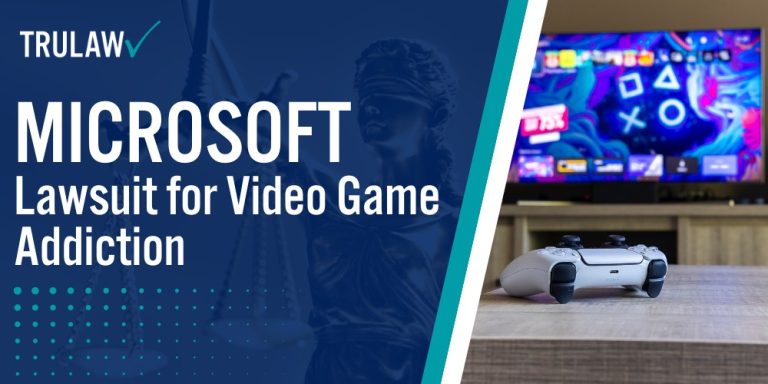Modern video games employ behavioral psychology principles that make games addictive, keeping players engaged for extended periods.
Lawsuits allege that Microsoft and other gaming companies have refined addictive game mechanics into what critics call “infinite games” – experiences designed without natural endpoints that encourage continuous play.
Psychological Tactics and Dark Patterns
Plaintiffs assert that Microsoft games incorporate manipulative design elements that trigger neurological responses similar to those observed in gambling addiction.
Research published in the National Institutes of Health demonstrates that anticipating unpredictable rewards triggers dopamine release not just when rewards are received, but during the anticipation phase – sometimes more powerfully than the reward itself.
Lawsuits identify specific psychological manipulation tactics employed in these games:
- Variable reward schedules that create unpredictable reinforcement, triggering dopamine responses similar to slot machines and gambling activities
- Time-limited offers and social comparison tools that pressure players to continue engaging or risk missing out on exclusive content
- Achievement and progression systems designed to exploit the brain’s reward pathways, particularly in developing adolescent minds with limited impulse control
These tactics prove especially concerning for younger players whose prefrontal cortexes (the brain region responsible for decision-making and impulse control) remain under development until approximately age 25.
Adolescents are therefore more susceptible to these engineered feedback loops than adult players.
Monetization Systems and Microtransactions
Beyond time-based engagement tactics, lawsuits target monetization mechanics and manipulative game design that allegedly extract money from players through psychologically harmful means.
Research linking loot boxes to problem gambling behavior found connections of moderate to large magnitude among older adolescents, raising concerns about the addictive nature of gambling-adjacent features in games accessible to minors.
Allegations regarding monetization practices in Microsoft gaming products encompass:
- Loot boxes and randomized reward systems with addictive qualities that function similarly to gambling mechanisms, encouraging repeated purchases for uncertain outcomes
- In game transactions and currency systems that obscure real-money value, making it easier for players (especially minors) to overspend without recognizing the financial impact
- Freemium models that allow free initial access but require ongoing purchases to advance, compete, or access desirable content
The Consumer Financial Protection Bureau has warned families that video games are targeting children to access parents’ wallets.
Industry data suggests the loot box market generates billions annually across many games, with surveys indicating average monthly in-game spending of €31 among children who make purchases.
These financial harms from the video game industry compound the psychological toll of gaming addiction for affected families.
If your family has experienced financial harm from excessive in-game spending alongside addiction symptoms, you may be eligible to seek compensation.
Contact TruLaw using the chat on this page to receive an instant case evaluation that can help you determine if you qualify to file a video game addiction lawsuit today.



